State of College Sports: What should the role of the NCAA be in the future?

College athletics is undergoing seismic change – with more upheaval on the horizon. From the ever-evolving NIL space and incremental movement toward a potential employee model to the NCAA’s pursuit of a Congressional antitrust lifeline and its own uncertain future, the enterprise is in the midst of a revolution.
In recent weeks, On3’s reporting team conducted exclusive interviews with more than 50 leading college sports voices – commissioners, athletic directors, coaches, athletes, NIL and legal experts and others – for their insights on the most consequential issues.
As public perception has shifted and legal challenges have mounted, the NCAA continues to cling to what a growing number of stakeholders view as a long-antiquated model that limits athletes from maximizing their true financial value.
We asked: What should the role of the NCAA be in the future? And should NCAA enforcement be outsourced?
Responses were lightly edited for length and clarity and are listed in alphabetical order.
STATE OF COLLEGE SPORTS: Leaders say NCAA must evolve – or else
Amir Abdur-Rahim
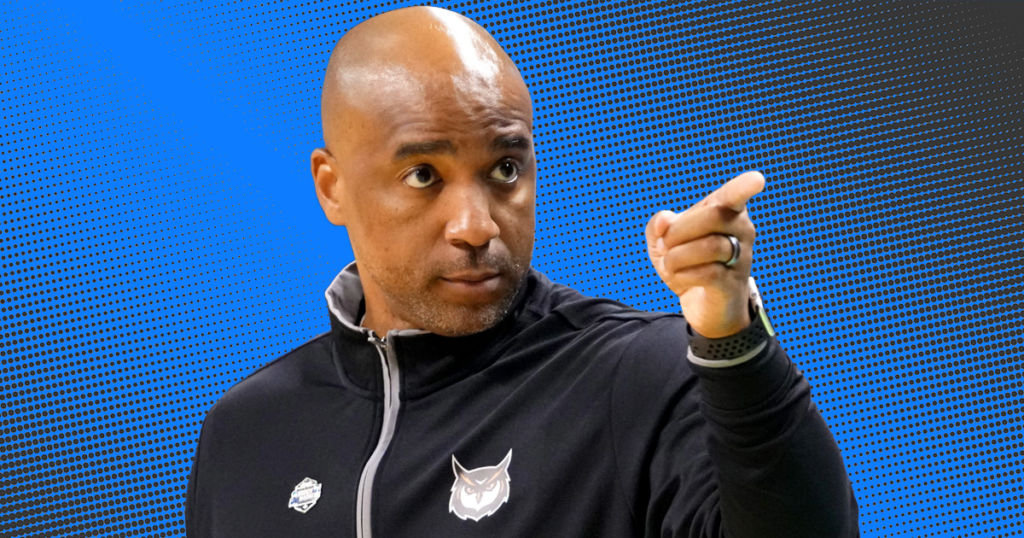
College sports role: Amir Abdur-Rahim is USF men’s basketball coach
“They need to outsource enforcement 100%. When they govern it and they also enforce it, you just run into conflict. Some people can do certain things and they [NCAA] look the other way. Other people do it and it’s like, ‘Oh, no, you can’t do that,’ because it’s not aligned with their agenda. It benefits some more than it benefits others. I don’t think that’s the right way to go about it.”
Mike Aresco

College sports role: Mike Aresco is the American Athletic Conference Commissioner
“They’ve got the best brand and the worst brand. The best brand in sports is the NCAA tournament. You say NCAA tournament, and it’s magic. Outsourcing [enforcement] would be good because everyone hates the NCAA because they levy sanctions against your team. It would be great if you outsourced that and called it a different name. We talked about that internally. The CCA [Conference Commissioners Association] talked about how that wouldn’t be necessarily a bad idea.
“The other thing is, they still have certain things they should do. But with rulemaking, even our league doesn’t remotely resemble Division II or III. It doesn’t make sense to have everybody lumped together on committees. But football, I think, gradually, it’s already almost separate. It almost is now … They [NCAA] are almost overwhelmed. It’s almost to the point where almost anything goes. There is almost no enforcement of any kind anyway now. It’s very tough for the NCAA now. Public opinion has shifted.
“What’s also a little disconcerting is the states have gotten involved. They’re basically saying to the NCAA, ‘You can’t enforce anything in my state. The Attorney General will go after you.’ That’s not healthy. Because if the NCAA needs to enforce something, they need to enforce it. And you’ve seen Attorneys General actually threatening sanctions. Then you have nothing but the balkanization of college sports. Total fragmentation. We are almost there now in some ways. Almost anything goes. It is hard to enforce that. We almost blending into just paying players. The veneer is so thin.”
Chris Aumueller
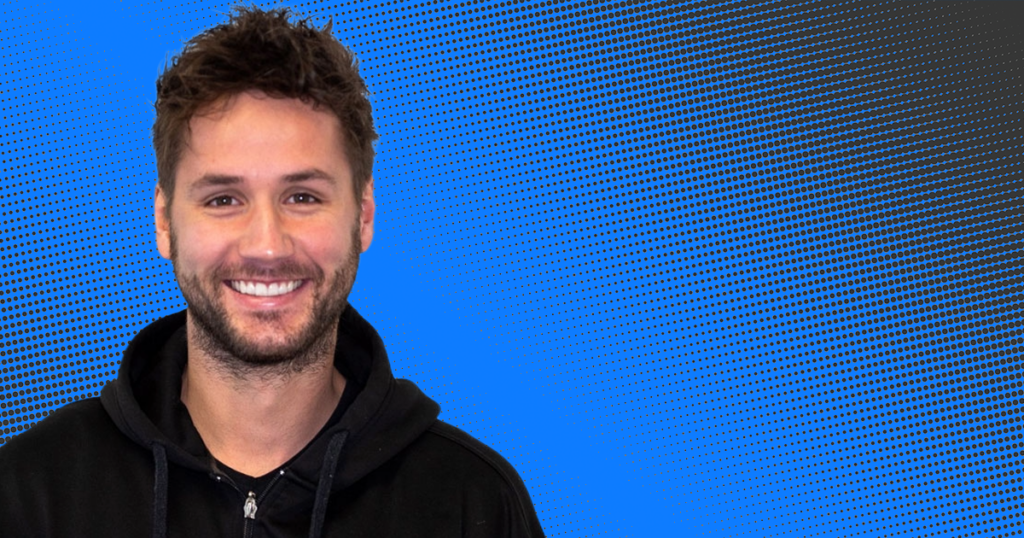
College sports role: Chris Aumueller is a former Nebraska tennis player and CEO of FanWord, an NIL storytelling and brand development solution
“A lot of people are criticizing the NCAA but I like to believe that nothing is as black and white as it seems and that the NCAA genuinely cares about the industry’s well-being. I’m in favor of less regulation. Outsourcing enforcement to a third party would likely go in the opposite direction.”
Charlie Baker
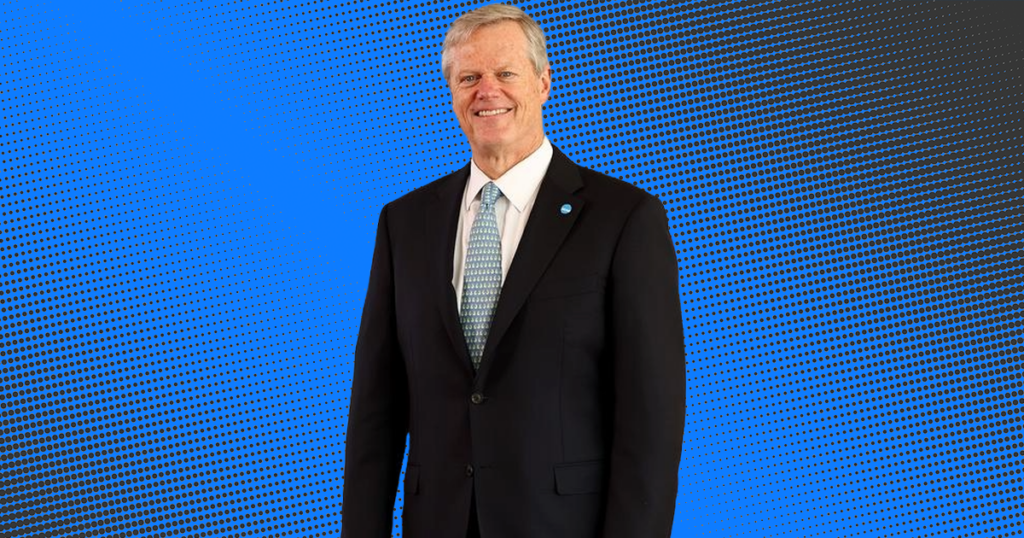
College sports role: Charlie Baker is the NCAA President and a former governor of Massachusetts
“This organization was founded more than 100 years ago for schools to protect college athletes, and in the brief time I’ve been the president, the association has made big changes to provide significant new benefits to student-athletes. In April, NCAA members moved to require all Division I programs to provide health and well-being benefits as well as guaranteed scholarships and other academic resources.
“There is no doubt college sports have been slow to change but in the last several months the association is transforming to put student-athletes’ interest first, and I look forward to working with members to do more.
“I’d also like to see the association become nimbler moving forward. In an organization with more than 1,100 member colleges and universities – all of them with drastically different mission statements and budgets – things can and often do take more time than stakeholders both in the NCAA and in the general public would prefer.”
Jason Belzer
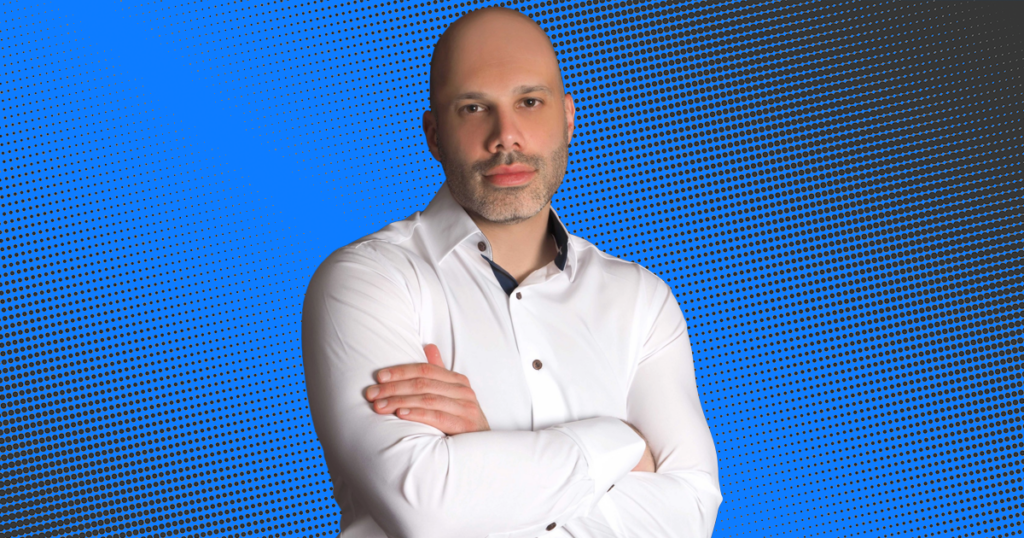
College sports role: Jason Belzer is the founder and CEO of Student-Athlete NIL, a company dedicated to helping brands, collectives, universities and student-athletes navigate NIL
“I think that the role the NCAA will play in the future is potentially as an administrator of non-revenue sports. But, outside that, obviously, they don’t have control of football now. They’re gonna have zero control of football in this new entity.
“I think the challenge also is that administering championships. Where are they going to drive their money? The big question in the new transition is what happens to basketball? If basketball splits off with football, well the NCAA is done because they have no way to operate.”
Dan Butterly
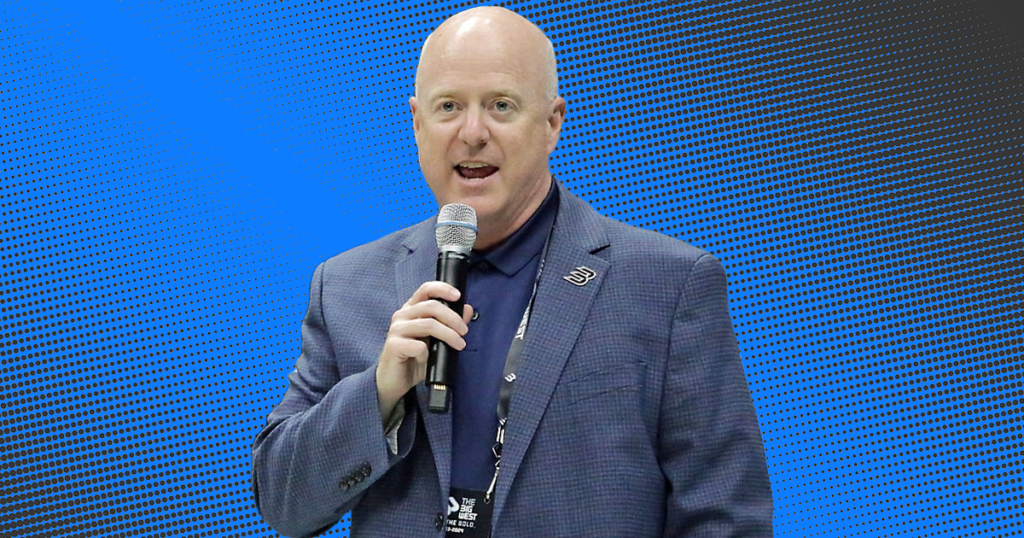
College sports role: Dan Butterly is the Big West Conference Commissioner
“The NCAA is not unlike a conference office. The president’s role is to hire a staff that enforces the policies and procedures developed by the member institutions, conducts first-class championships, tells the stories of student-athletes, broadcasts championships, manages records and statistics and assists the membership with ways of aligning with new technologies, sport rules, medical advancements, and safety of our student-athletes.
“However, the NCAA has become the legal target for many of the opportunities and issues associated with FBS football, which it does not manage. As an organization, the NCAA has significant challenges ahead as it continues to work to improve the student-athlete experience while simultaneously having to battle significant and active legal threats that too often stall progress.”
Chuck Carson
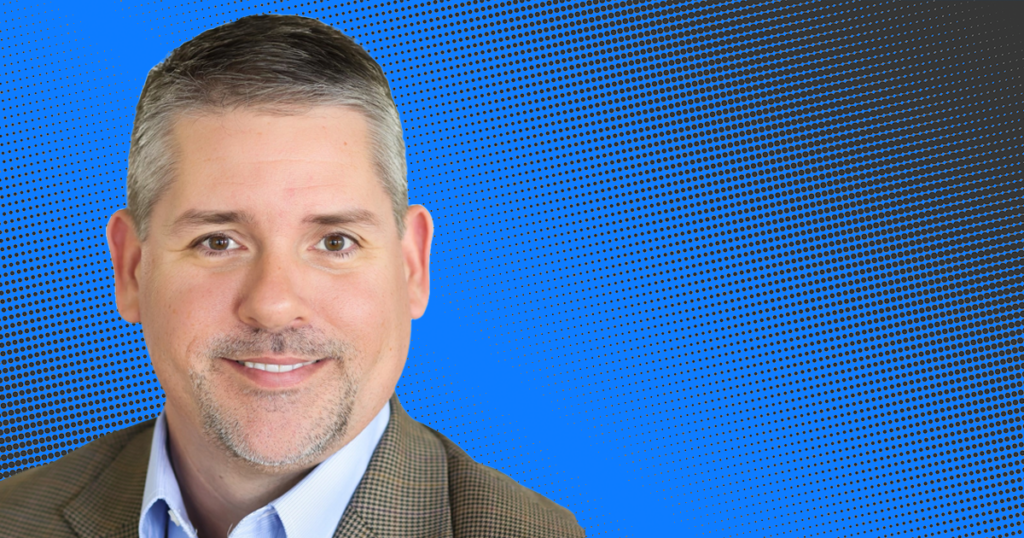
College sports role: Chuck Carson is the co-founder Trojans Together Collective, a community-focused collective that supports athletes at Troy University
“There’s a lot of layers to it. The NCAA always has to remember about itself that it’s a membership institution. And people pay, quite literally, to be subjected to their rulebook and their model. And the NAIA learned the hard way that if you don’t adjust your model for the needs of the day, there will be other people that create another model, and everyone will go there.
“If the NCAA does not get proactive and adjust its model in a way that accommodates the world of college athletics today, I think there’s going to be another group, another avenue for schools to go that does not include the NCAA.
“I don’t think the NCAA is going away. I think you’re probably looking at the upper echelons of the college athletics world – there’s been a lot of chatter about that. Your Power Five guys, or really even the upper crust of the Power Five world, doing something different. The NCAA doesn’t own their football championship; it’s a big issue for them. What do you do with basketball? All those questions are out there. But the role of the NCAA is very much in question right now – and it’s really their own doing. I’d like to see them get proactive and create a solution that keeps things moving in at least some form that we recognize today. But their track record is not very good on that proactive approach.”
Joe Castiglione
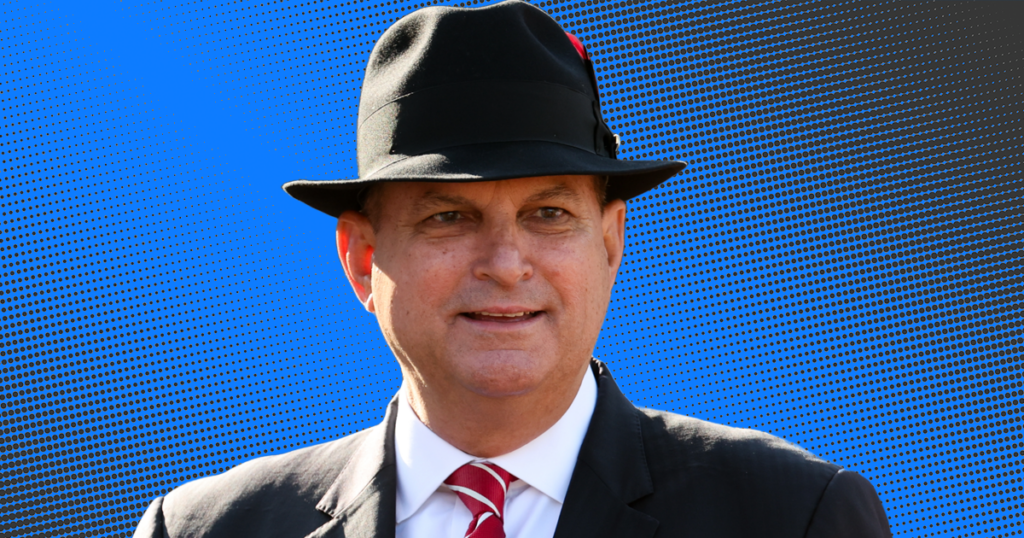
College sports role: Joe Castiglione is Oklahoma’s athletic director
“There are a lot of issues facing collegiate sports right now and we expect the landscape will keep changing over the next several years.
“I think what we need most from the NCAA right now is their help getting a universal structure in place so that all our schools – particularly Division I – know the field we’re playing on and the best way we can support our student-athletes. Charlie Baker has made it a priority to educate federal and state decision-maker audiences so that, if they’re called on to help us implement a national system, they are well-versed in the realities of collegiate sports.
“This includes the domino effect that guidelines will have across the entire spectrum of college athletics, including women’s sports and our national Olympics future. But more than guidelines – which can be interpreted in a variety of ways – we need rules that create a level playing field.
“College sports has and will need an organizing and governing authority into the future. But, whom it governs, how, and under what principles depends a lot on decisions currently before Congress.”
Jim Cavale

College sports role: Former CEO of INFLCR and founder of Athletes.Org, a membership organization for college athletes
“I think the future of college sports will have the conferences playing a bigger role, sometimes where they’re collaborating with one another, like we’ve seen with the College Football Playoff, sometimes on their own. And the NCAA playing a lesser role. The NCAA is a championships and events and governance organization, that right now can’t really govern. It does have some events left.
“But at the end of the day, the conferences – if they address some of the issues – have the opportunity to kind of customize their alternative path without needing the NCAA to do so.”
Bubba Cunningham
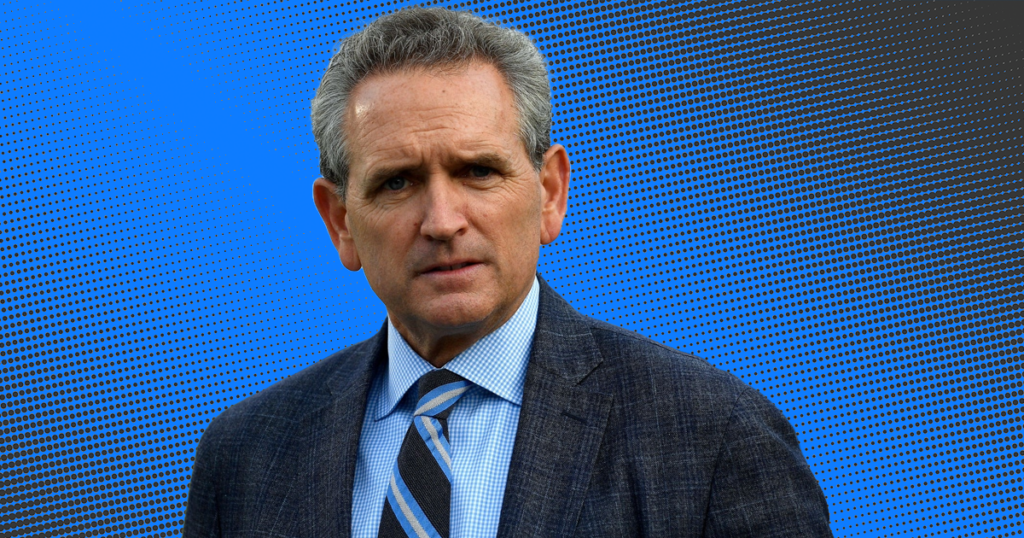
College sports role: Bubba Cunningham is North Carolina’s athletic director
“From the NIL perspective, the NCAA should lead in three key ways: No. 1, require the registration of agents. An NCAA agent registry would help protect student-athletes from corruption and undue influence by ensuring that agents agree to a consistent set of rules. It would also give student-athletes the opportunity to find representation and advice more easily for NIL deals. With the advent of the transfer portal, an agent registry could also prohibit and deter agents from engaging in player tampering.
“No. 2, require standard NIL contracts. This also protects student-athletes by providing access to contracts that are legal, valid and equitable. It also provides student-athletes who can’t afford agents with an important resource.
“No. 3, require transparency. Right now, student-athletes are not required to disclose their deals to their universities or to the NCAA. Disclosure would help provide more consistency and fairness in the NIL marketplace. The NCAA also should use a third-party administrator that centralizes data to a clearinghouse that is then made available to universities, agents and the public.”
Andrew Donovan
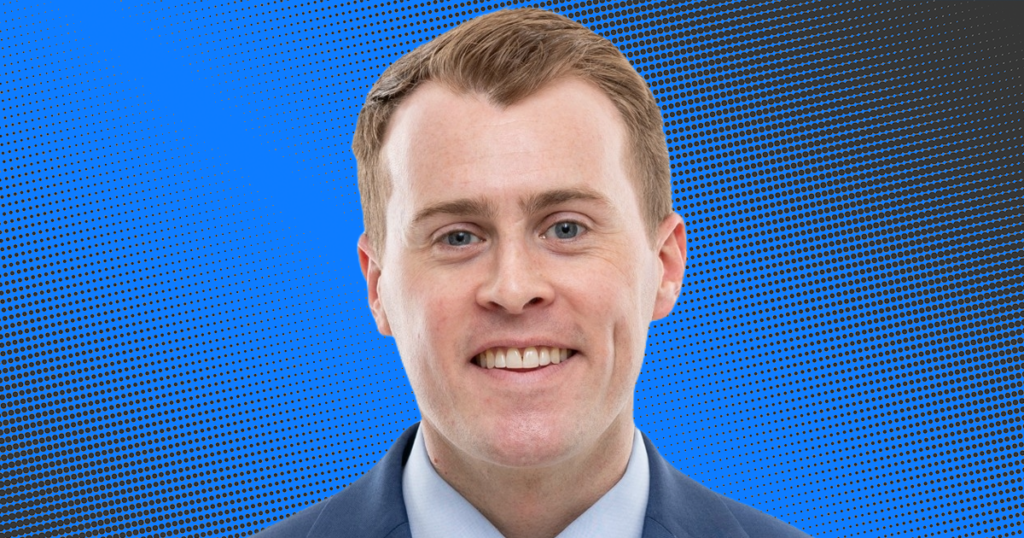
College sports role: Andrew Donovan is Executive Vice President of ASP College at Altius Sports Partners – a company that works with athletic departments to build customized NIL programs.
“The necessity for a national governing body will continue to exist. The NCAA is best positioned to serve as that central authority, though within a structure that supports further demarcation of divisional composition and management. Beyond serving as operator of national championship events, the NCAA can and should be the entity that implements, manages, and enforces policy and rules – as proposed and adopted by the applicable subset of membership.”
Grant Frerking
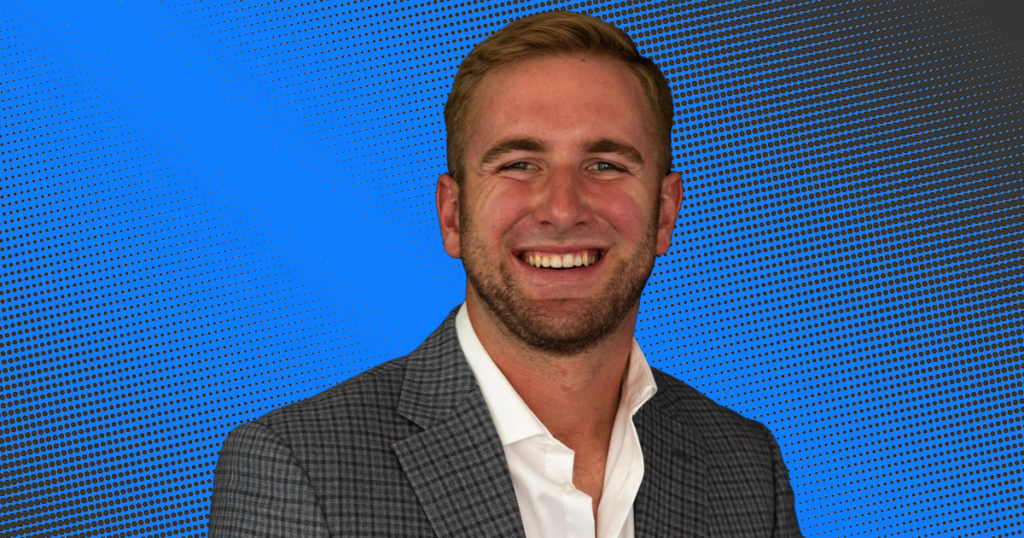
College sports role: Grant Frerking is the Head of On3 ELITE and a former football player at Tennessee
“In my perfect world, the NCAA could theoretically own everything and run and govern everything other than football. I think there’s a model out there where the CFP is a standalone entity and governs football. The NCAA can still have the NCAA tournament, which is their moneymaker. Then still govern and manage all the Olympic sports.
“I think the NCAA gets a really bad rap. I think Charlie Baker’s getting a really bad rap right now. But at the end of the day, his job isn’t to necessarily please everyone. His job was to go in and try to put a sustainable plan together that saves the NCAA. That’s what he gets paid for. That’s his job. That’s what he’s going to try to fight for. Whatever people think his interests were, why he left politics, the NCAA, even though that is politics all over again, is in a different lane.”
Dan Greene
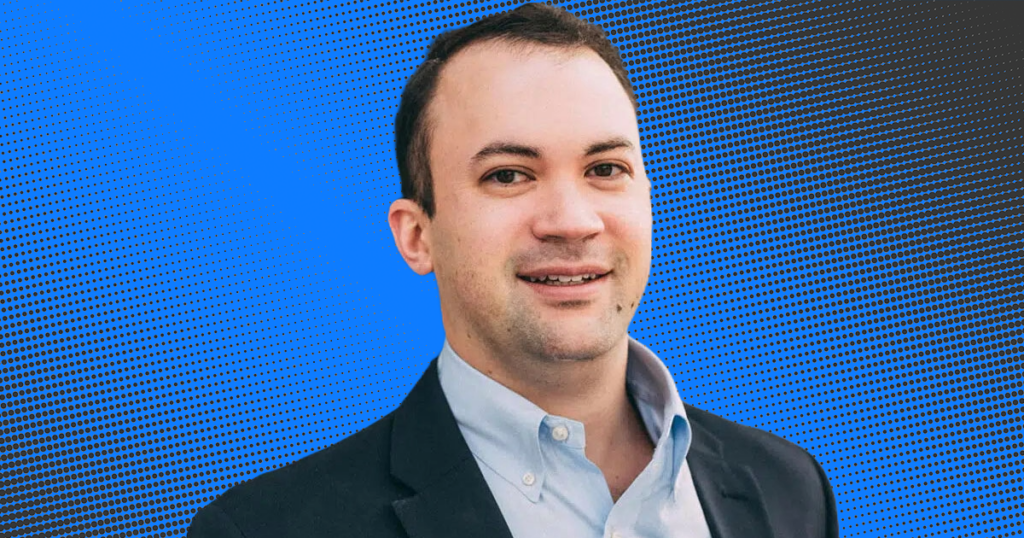
College sports role: Dan Greene is an NIL expert and associate attorney at Newman & Lickstein
“The NCAA’s influence in college athletics has dwindled recently – and I expect that to continue. The more they fight back and the less they adapt, the more irrelevant they will become. There could be a role in college athletics for them moving forward, but perhaps that would just be governing the non-Power 5 and/or non-revenue-generating sports.
“I may be in favor of having an outsourced enforcement agency since the NCAA doesn’t appear capable [of doing] much enforcing at this time. But I think it would be a bad idea if enforcement came from a government agency. The federal government and most state governments have proven that they don’t fully grasp the issues facing college athletics.”
Steve Hank
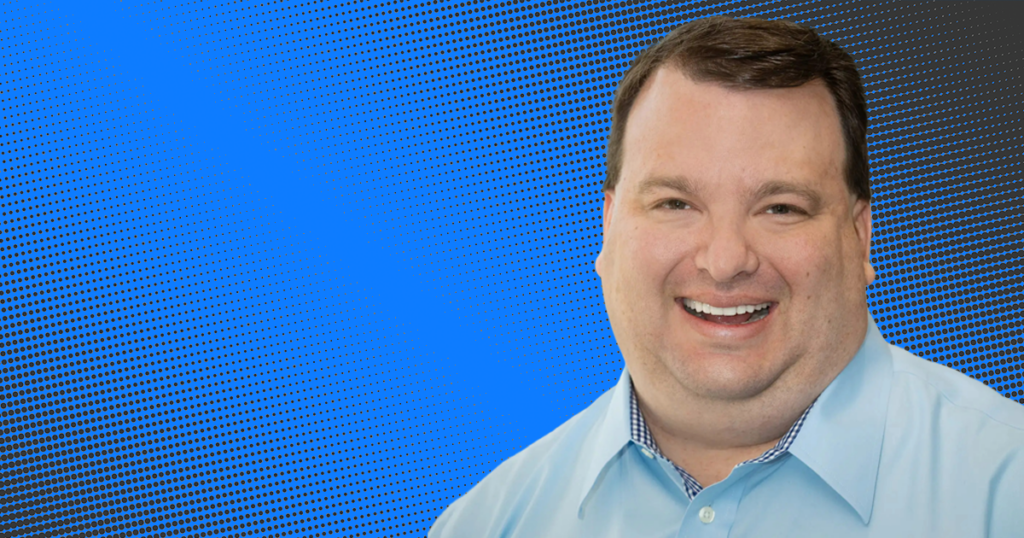
College sports role: Steve Hank is Executive Vice President of Collegiate Athletics at Affinaquest, a leading data management company in college sports
“The NCAA definitely needs to evolve. That’s really looking into the crystal ball. It’s hard to answer without understanding if there’s a framework that’s established by the federal government. The one thing the NCAA does need to evolve with is there are way too many members in a common pool. There needs to be some differentiation between the different levels of membership in voting rights.”
Penny Hardaway
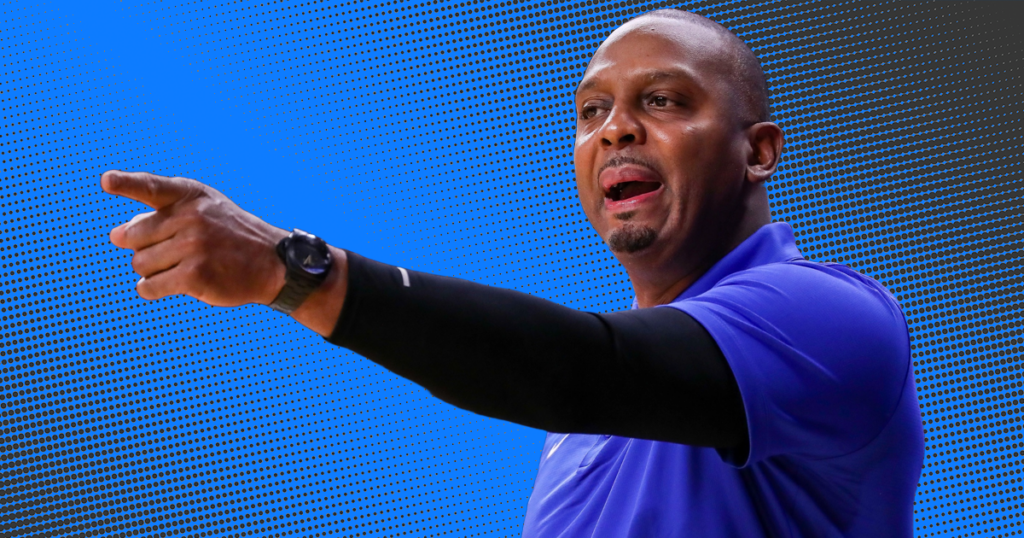
College sports role: Penny Hardaway is Memphis men’s basketball coach and a former NBA and college basketball star
“The role of the NCAA should be more supportive, instead of being so strict. In this society, with so much going on, we need more – it’s not freedom – but more understanding. Some of this stuff, 50% of it is too strict. They also need to [outsource enforcement]. You can’t be the judge, jury and executioner.
“If it’s all in one building, then you control everything.
“You have to be held accountable and there has to be some other people who can actually come in and chime in – like when you have a jury. They can actually hear a kid out and have some compassion, whereas you [NCAA] would be like, ‘I’m not going to have compassion because 20 years ago we didn’t let this kid do it.’ They are judging off other situations. A [third-party entity] would not be judgmental.”
Steven Hatchell
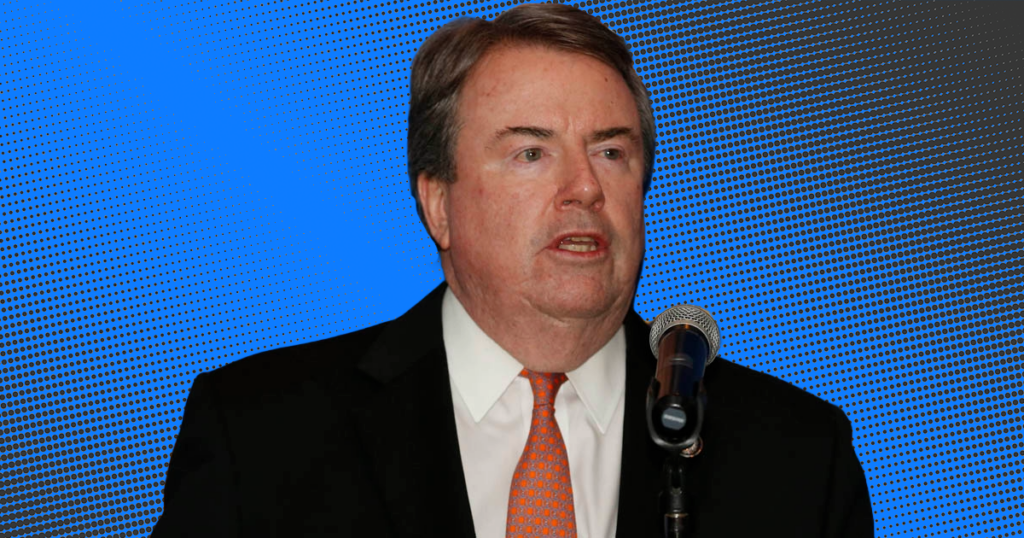
College sports role: Steven Hatchell is the National Football Foundation President and a former Big 12 Conference Commissioner
“Well, in a lot of ways, there’s a need for a governing body. And then it gets to be, let’s define what that role is. Is it just to run championship events? Is it the enforcement of rules? Who passes the rules? I think we all like Charlie Baker a lot as the new head of the NCAA. But is he too late? Is he five or 10 years too late? I think he’s doing a superb job of listening and trying to come up with some common ground. But I do think that now this is so sophisticated and so big that do we tell the NCAA that it’s not a one-size-fits-all? There’s a difference between the top 60 football schools in the country and others.”
Christy Hedgpeth

College sports role: Christy Hedgpeth is a former Stanford basketball player and President of Playfly Sports Properties, a sports marketing company with a portfolio of 25 universities and conferences
“The NCAA’s primary role should be to administer fair, equitable competition and foster an enriching developmental experience for student-athletes. NCAA policies need to evolve quickly, and NIL is an important component of that evolution. The NCAA’s historical inertia and the natural challenges of moving any large, disparate organization toward change have allowed legal challenges to force sudden change at a rate the system hasn’t been able to support properly. Hopefully, strong leadership and some measure of legislative protection will enable course correction that preserves all that is good about college sports participation and mitigates its shortcomings.”
Darren Heitner
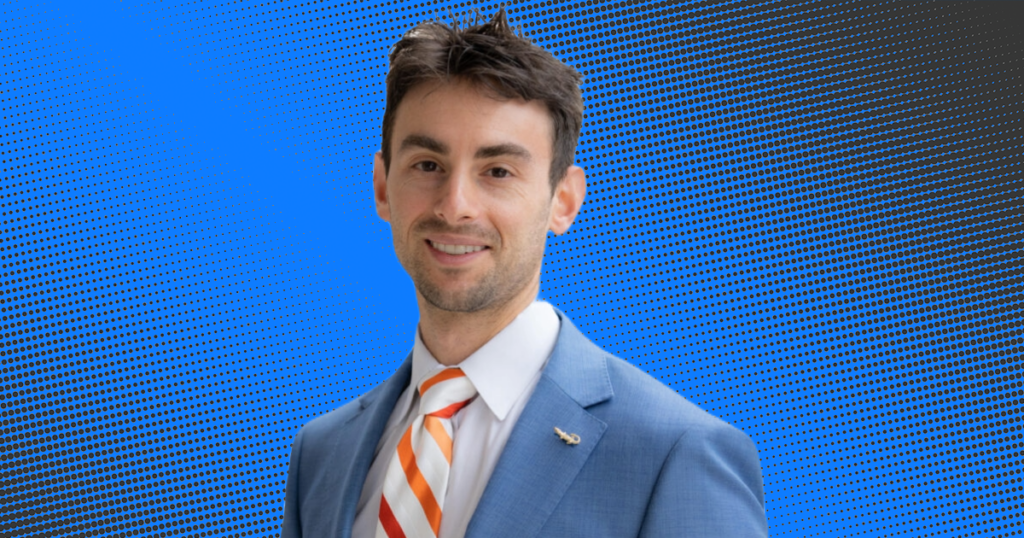
College sports role: Darren Heitner is one of the top lawyers in the NIL space
“Well, if we think back to its origin, it was a system put in place to protect the health, safety and welfare of the college athlete. That focus has largely been lost, particularly when you hear from the athletes on Capitol Hill. You realize that health, safety, welfare is actually a big issue. What some of these groups have championed is seeking to be a trade association or perhaps even a union for the players if they are deemed employees at some point in time.
“So, I think that the role of the NCAA is to reimagine itself and understand that there are health, safety and welfare concerns that are being very much ignored.
“The NCAA actually has done a very good job with at least the men’s basketball tournament and securing strong media rights and sponsorships. I think it would be rather difficult to untangle the web that it has created for itself. Perhaps over time that can be done and conferences can get together and do the same thing that the NCAA has basically done at that level. But that’s really, from an economic standpoint, the value the NCAA has brought.”
Michael Hsu
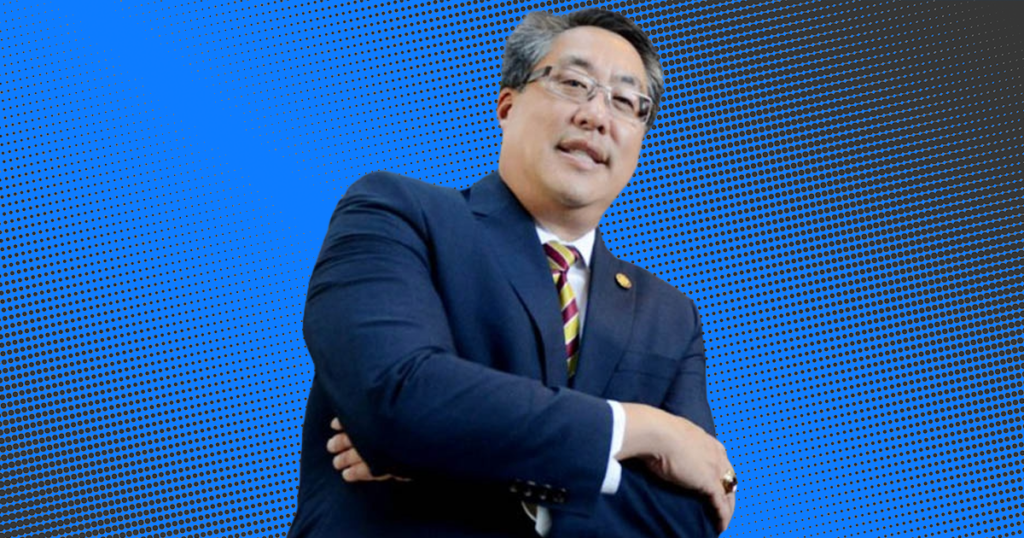
College sports role: Michael Hsu is co-founder of the College Basketball Players Association
“I don’t think it should be anything. Frankly, its time has come and gone. They’ve done a fabulous job in perpetuating the system, the current system, but they’re at the end now where they can’t adapt – they can’t change. There’s this unwillingness to embrace the new world, which I hope involves employee status and then potential unionization. And they just won’t go there. It’s a little bit comical.
“The other possibility is that it could get split where the NCAA becomes the entity that produces the championships for certain divisions, certain sports. The other way the NCAA can go down? It can just go bankrupt … I think everybody has realized now that the presidents have lost control. They no longer can work with each other to maintain their conferences in the future. The next question is going to be for the lower tiers of some of these big conferences, like the Big Ten, at what point is Minnesota going to be on the chopping block?”
Sean Hughes
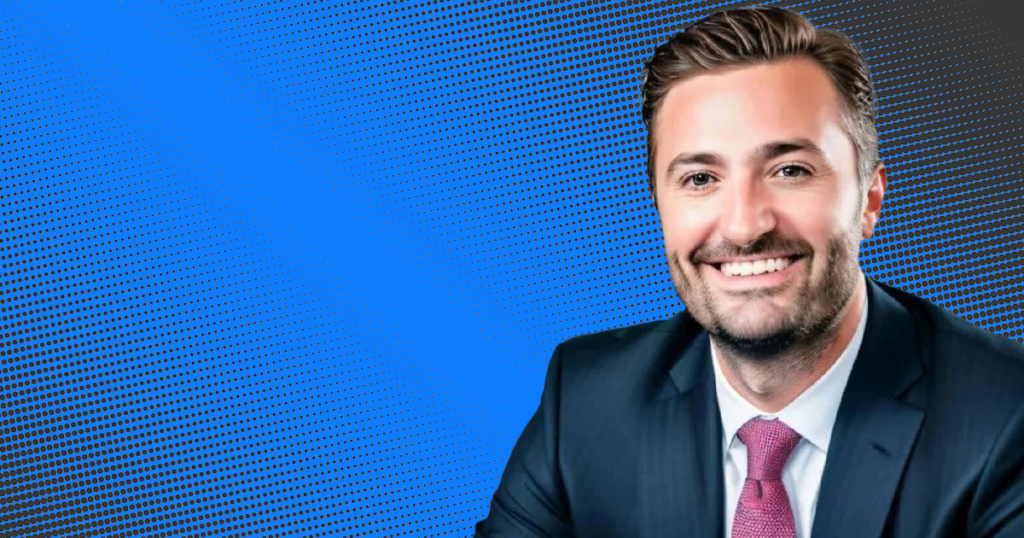
College sports role: Sean Hughes is co-founder and CEO of Athliance, a top NIL compliance solution
“The NCAA should evolve from a regulatory body to a facilitative entity that champions student-athlete well-being and ensures fair competition. Instead of crafting reactive policies, it should lead proactive initiatives, fostering an environment where both the spirit of college sports and the rights of student-athletes coexist harmoniously.”
Bill Jula
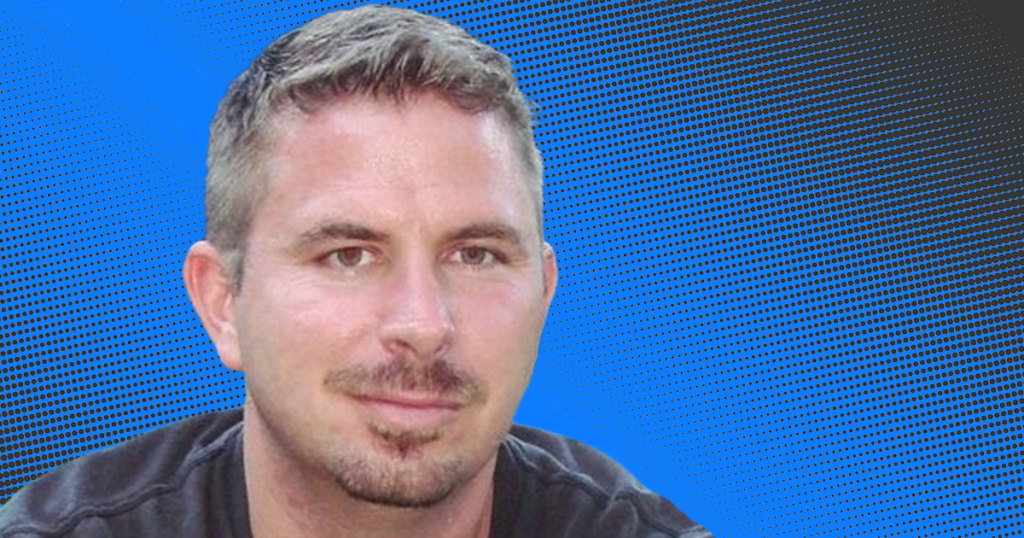
College sports role: Bill Jula is the CEO and co-founder of Postgame, an agency that manages some of the top NIL campaigns in college sports
“That’s a good question. The role has obviously diminished dramatically in recent years. Despite what many say, I think the NCAA will continue to exist, albeit in a far more limited capacity – focused on providing basic guardrails and limited oversight to maintain some degree of amateurism and perceived integrity.”
Blake Lawrence
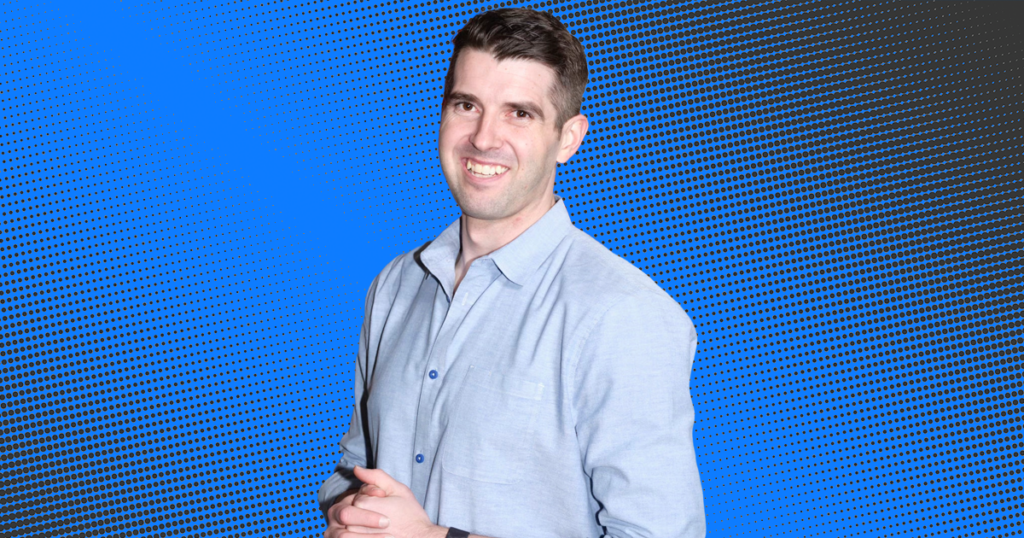
College sports role: Blake Lawrence is a former Nebraska linebacker and co-founder of Opendorse, the largest provider of technology in the athlete endorsement and NIL industry
“Every sport at every level benefits from fair competition. Fair competition stems from having some entity that is setting the rules and enforcing the rules. The NCAA’s role in college athletics has really been that, like, ‘Here are the rules that everyone’s agreed to, and someone needs to enforce those rules.’ So the national office is tied to that. I think that stays the same. Setting and enforcing the rules is the role of the NCAA. That means there are times when the members disagree with the rules and how they’re enforced.”
Dan Lust
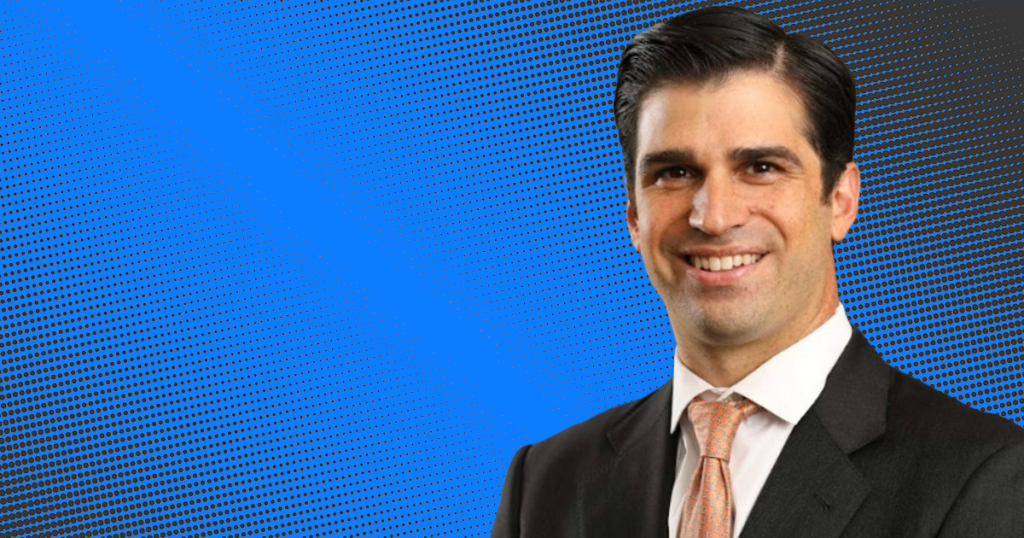
College sports role: Dan Lust is a sports attorney at Moritt Hock & Hamroff LLP and sports law professor at New York Law School
“I guess we’re kind of waiting in the NIL Era for them to play some type of a guardian role, as they’ve at least tried to for the last couple of decades. Certainly, they can do that. But my understanding, at least with what they’re trying to do on a federal level, is that the federal government will have some type of enforcement role. So I am not, I’m not so sure that’s the NCAA’s main role.
“They’re not really that involved with football. They do negotiate television contracts for basketball. But it’s kind of a loose structure. The modicum of power that they’ve had over the years through enforcement and investigations, they seem to be inclined to delegate that or outsource that to the federal government. I’m not quite sure what the model looks like for the NCAA, especially now when they haven’t really been so inclined to hit someone with the hammer for any of these types of violations.”
Heather Lyke
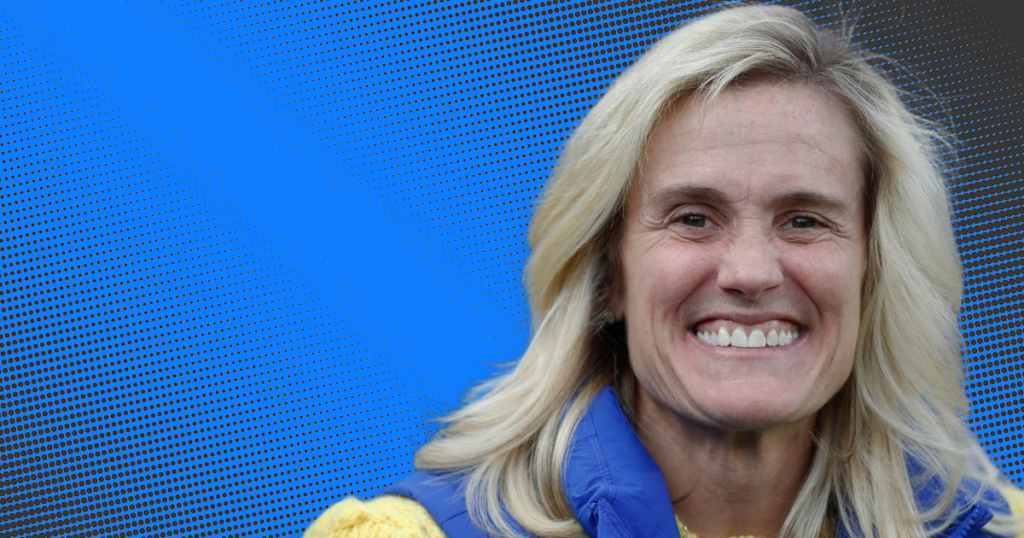
College sports role: Heather Lyke is Pittsburgh’s athletic director and an ACC representative on the NCAA Division I Council
“I’m a member of the NCAA Council, so I can’t just say ‘they.’ We talk about the NCAA as if it’s ‘they.’ But it’s ‘us’ as an institution. We need to push the NCAA to create a true registration, transparency and documentation process that’s clear and straightforward. I know that there are some proposals in the mix. I’m not sure that they’re going far enough, quite frankly. But it is a start …
Top 10
- 1New
Shedeur Sanders prank call
New video/audio emerges
- 2Hot
RG3 hammers NFL execs
Over Shedeur Sanders situation
- 3Trending
Shedeur Sanders
Breaks silence after Day 2
- 4
10 Best Available Players
After Rounds 1-3 of NFL Draft
- 5
Picks by Conference
SEC, Big Ten continue to dominate Draft
Get the On3 Top 10 to your inbox every morning
By clicking "Subscribe to Newsletter", I agree to On3's Privacy Notice, Terms, and use of my personal information described therein.
“Originally it was like, ‘Oh, the NCAA is going to set the market value.’ There is no [NIL] market value. It’s so far away from what it was intended to be. What’s the market value for a wide receiver and a wide receiver in the portal? It’s a long way away from where it was supposed to be.”
Tom McMillen

College sports role: Tom McMillen is a former U.S. Congressman and current CEO of LEAD1 Association, which represents the athletics directors of the 133 member universities of the Football Bowl Subdivision
“I’ve always been very much in favor of a strong national association because I don’t really see how you can have a national sports enterprise if you’re going to have very fragmented regulation. Unfortunately, what we’ve seen happen with all the antitrust lawsuits is that devolution is occurring. And it won’t surprise me if one conference decides to go off and maybe pay some athletes and others decide not to. It is all pretty chaotic when you try to get to sort of a competitive championship where schools are somewhat playing along the same rules.
“The only area that I think needs to be studied is this enforcement area. The NCAA has always had difficulty with that because they have had difficulty getting information. Some of the bills in Congress –the [Jerry] Moran [Richard]Blumenthal bill – have subpoena power. They create a third-party organization with subpoena power. Now, that organization would have a lot more than enforcement; they would be looking at health and safety and everything else. But one of the things I think our ADs are frustrated by is that it’s hard for the NCAA to enforce when they don’t have the tools to do so.
“Some of the Congressional bills go a lot further than just NIL regulation. It goes way beyond that into health, safety and subpoena power. A lot of people don’t want the NCAA to be the enforcement arm because of some of the past political issues. The [Ted] Cruz bill does. My own view is that I think the NCAA should have a chance to do this and I think our ADs feel the same.
“A government organization, you’re still going to lack subpoena power, unfortunately. The only way you get that is through a statute like the Blumenthal bill. There needs to be some real thought about this, and the NCAA needs to be a party to that because they’re frustrated as well. I know [NCAA vice president of enforcement] Jon Duncan’s frustrated because he can’t get the information to do the enforcement.”
Jacqie McWilliams Parker
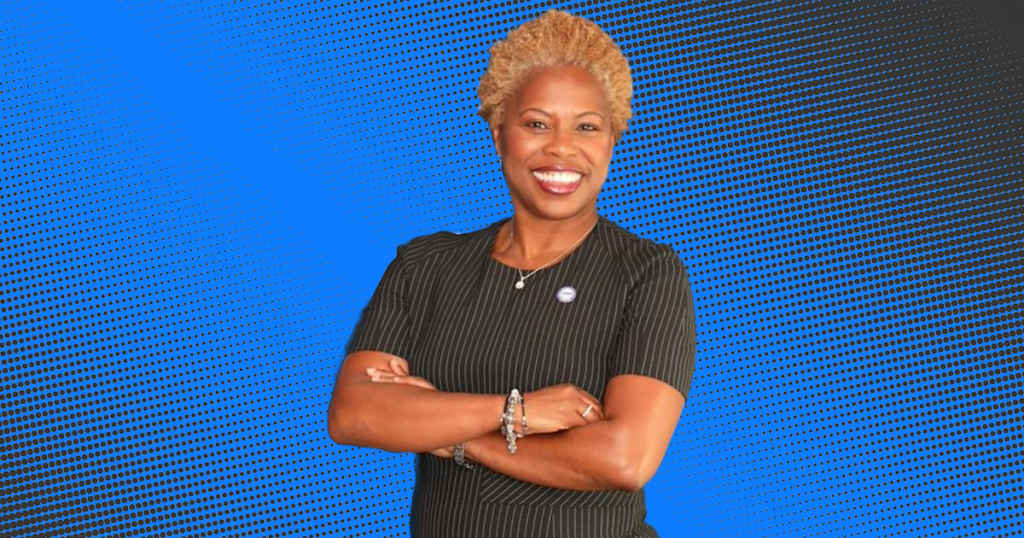
College sports role: Jacqie McWilliams Parker is the Commissioner of the Central Intercollegiate Athletic Association, which mostly consists of historically black colleges and universities
“We’re all managed differently. We all have our own divisions that are independent from each other. Some of the rules might be different from division to division. The national office has to continue to give us guidelines and support to manage those expectations at our level, but also be able to manage at their level. I mean, NIL is so tricky, because the membership has the responsibility to help come up with regulations to support or to put guidelines around NIL. And we just didn’t do it.
“The [narrative] becomes that the national office didn’t do anything, and that’s not necessarily true. They are relying on the membership to help put those guidelines in place. And to give us leadership and to give us all the information that we need to make the best-informed decision. Sometimes our membership is a little bit slow in moving and in process because we are so different and what you do for one may not fit for the other. So it is quite complicated.”
Michelle Meyer
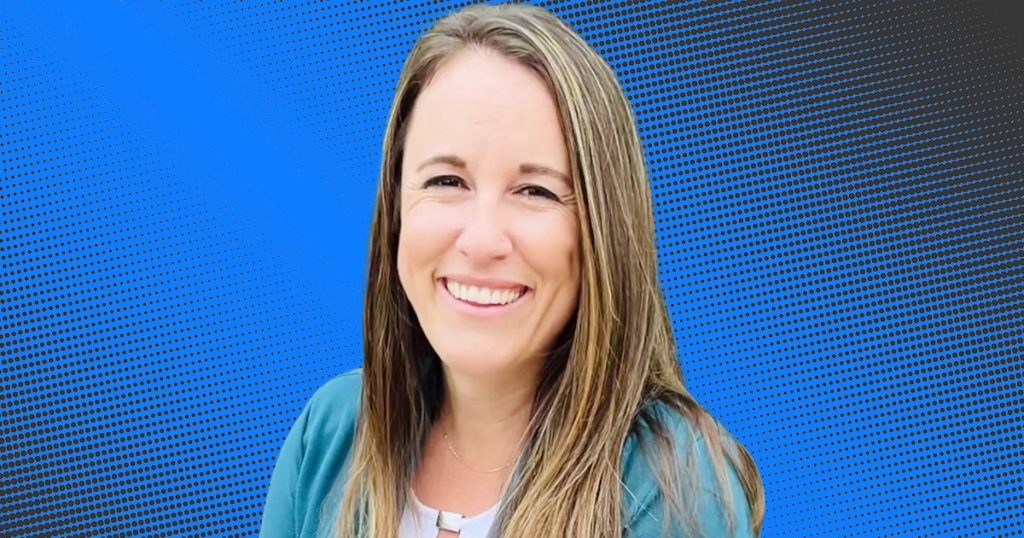
College sports role: Michelle Meyer is the founder of NIL Network, which provides education and strategic guidance to advance NIL
“I could see a world where football kind of breaks off completely. I think that especially with all the conference realignment that is going on right now. First of all, it’s still not great to be traveling all across the country for a game, but they’re flying private and they have one game a week. So I think that having a separate model would make sense, so the NCAA then continues to govern Olympic sports, non-revenue generating sports, those types of things.”
Gloria Nevarez
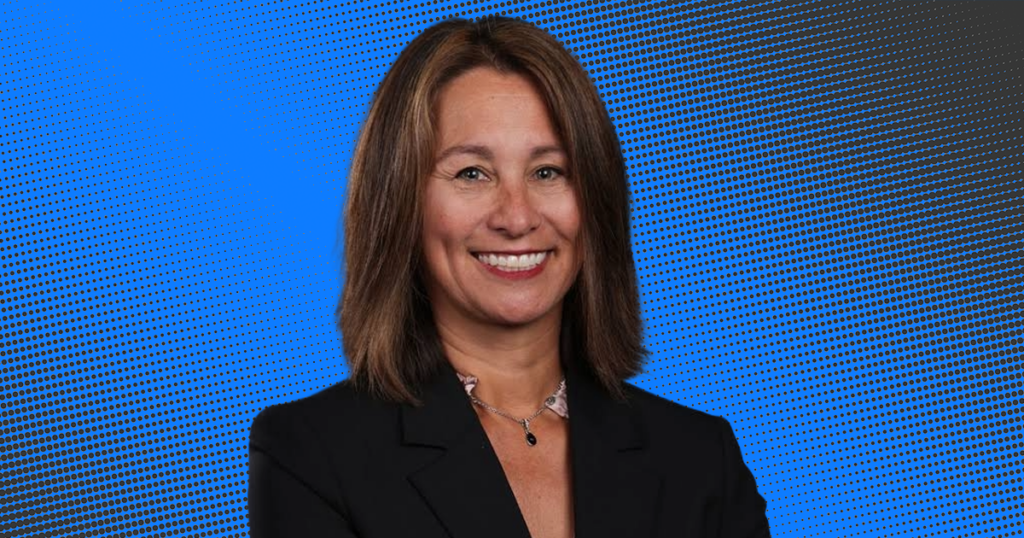
College sports role: Gloria Nevarez is the Mountain West Conference Commissioner
“If you think about it at the core, the NCAA was built to crown national champions out of the three different divisions that are the NCAA world. That’s an important touchstone about how they should think about direction and mission. Now, part of that is an equal playing field and I know that has swayed over time between restrictive to deregulation and back to restrictive and back to deregulation. But in a sense, they have a very important role of both hosting events that are the championships and then outlining the parameters by which we play both on the field and on the court and in and around.”
John Rhys Plumlee
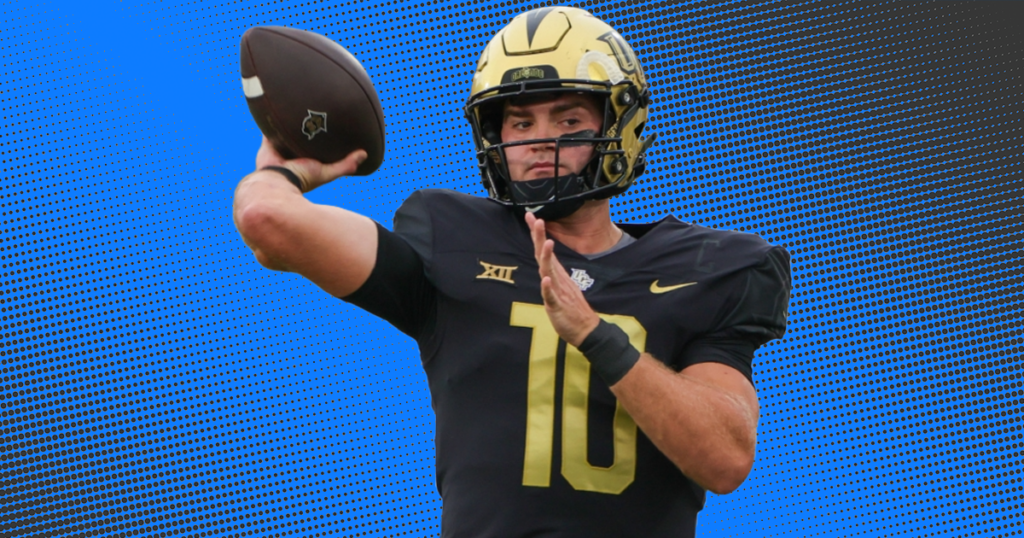
College sports role: John Rhys Plumlee is a quarterback at UCF with a long list of NIL agreements with top brands
“I mean, it’s one of those deals that again, the game is changing, right? Everything’s changing. The NCAA has made a bunch of money off of athletes, but in the same sense, they’ve given us opportunities with scholarships and such. I think it’s a little bit one-sided, not to say making huge headline remarks on the matter. But again, I think that the game is changing. NIL was the beginning of it, and I think it’s going to continue to change.
“But as the game changes, I think that the voice of the athlete needs to be heard. So I think that’s where Athletes.org comes in big because it’s kind of uniting a voice a little bit for athletes. I think that’s going to be a big piece as this thing is just going to continue to change. Whereas in the past the athlete didn’t have an opportunity to have much say and what was going to happen, what the changing landscape would look like. Hopefully, with a voice and a seat at the table, it won’t fall on deaf ears.”
David Ridpath
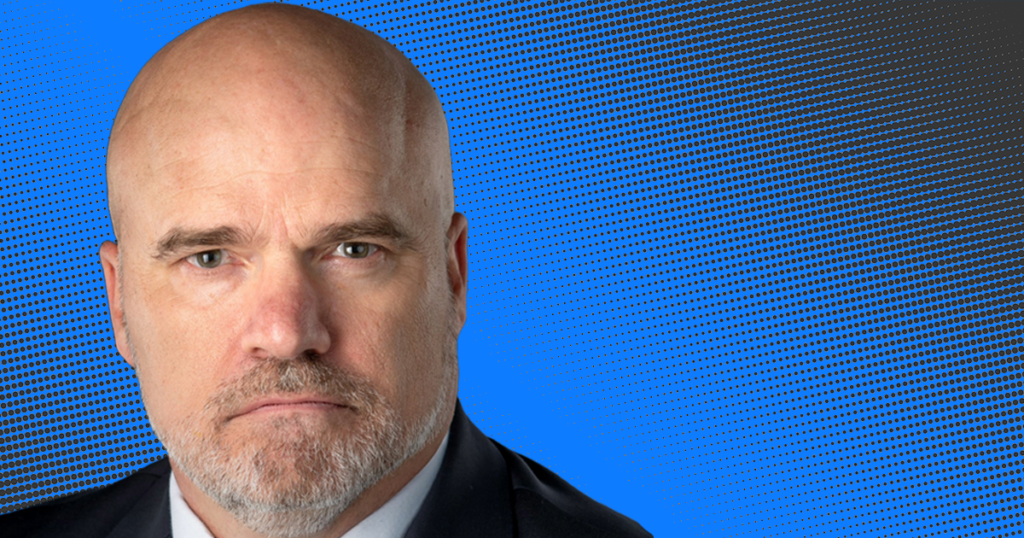
College sports role: David Ridpath is a professor of sports business at Ohio University who has appeared before numerous Congressional committees regarding college athletics
“I continually say in my classes that the NCAA is really, really good at one thing – running championships. I can see it operating as that type of organization while some of the other governance processes should be either at the conference, individual sport level and school – or maybe a combination of all three. Academic eligibility should be overhauled, and the school should be the prime determinant of who plays or doesn’t. There are ways to have oversight via the faculty in that area also – but overall academic eligibility standards should be changed.
“Overall the NCAA has been a failure at trying to manage recruiting, eligibility and financial aid, not to mention the overall inadequacies of its enforcement and infractions process. I do think sport-by-sport governance is the best way to go, and governance could even be a combination of public-private partnerships.
“There are many ways to go – just not what we are doing now. Where it ends up? Not sure yet. But the NCAA can still run championships, and perhaps if some schools agree – some level of national governance. Maybe Division III, for example.”
Greg Sankey
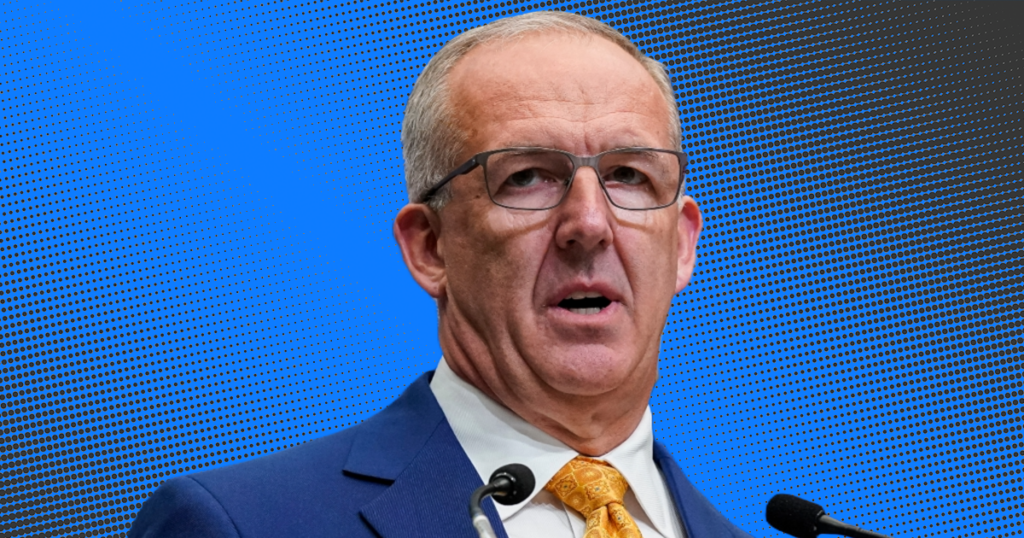
College sports role: Greg Sankey is the SEC Commissioner
“We now see this state-by-state effort to bar regulation and then bar enforcement. If that continues, it raises the big question about can the NCAA be effective as a national governing body in this era and into the future. I think that even goes to is the NCAA able to conduct national championships if every state decides it’s going to have its own system for overseeing, regulating or limiting the regulation on college sports? We’re going to be left with essentially the high school state championship model for college athletics. What we all want is a Final Four, a College World Series in softball and a College World Series in baseball.
“We have to have national standards. So how can the NCAA adapt to this modern era and can play that role? I think that leads to the Congressional conversation. I also think we have to acknowledge that the history of the NCAA around creating football rules over 100 years ago has changed and adapted, and so putting groups in the same room and saying, ‘Make effective decisions across the spectrum of universities, colleges and athletics programs,’ is highly challenging right now – more so than ever. The NCAA is going to have to adapt. All of us should confess we’re part of it. We’ve been slow to adapt. I think there’s a clear need for a national association, and the NCAA can fill that role.
“But change is going to be a constant and more rapid as we try to decipher what that role will be.”
Rob Sine

College sports role: Rob Sine is a partner with Blueprint Sports, an NIL solutions company that operates collectives in more than 25 markets and with multiple members in The Collective Association
“I believe that the state of college athletics has evolved, and as such, so must the NCAA. The role of the NCAA seems destined to continue as the governing body for operational items such as scheduling, championships for Olympic sports, D-II [and] D-III, and roles such as budgeting.
“The NCAA is full of good people who have worked hard over the last 100-plus years to govern and run a college athletic industry that seems to have outgrown the past traditional ways of doing business.
“It is almost in the same boat as Conference offices are. While several conference offices have evolved into a business-centric operation to serve the student-athletes and their member institutions, I believe the NCAA will follow suit.”
Julie Sommer
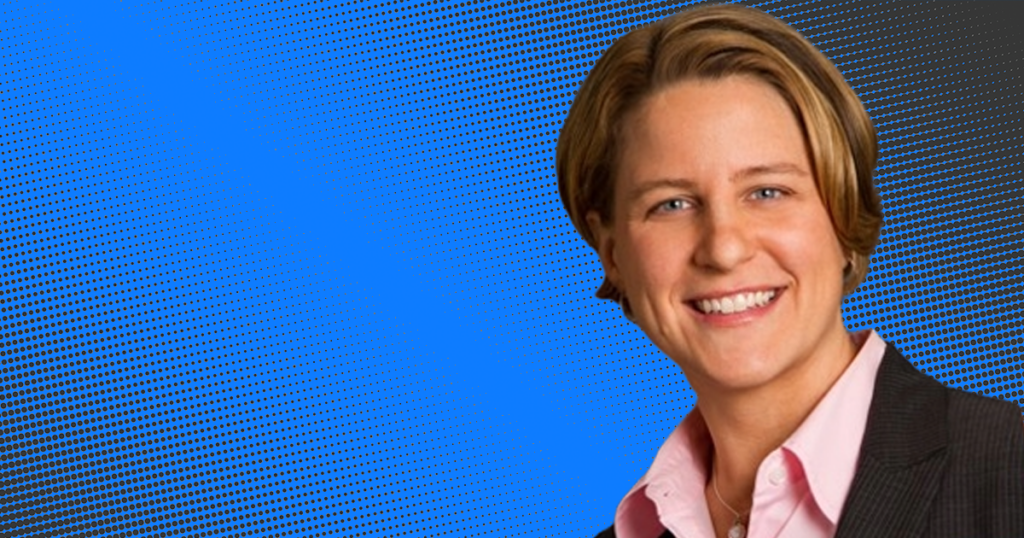
College sports role: Julie Sommer is the Executive Director of The Drake Group Education Fund, whose mission is to ensure that the promise of college athletics is realized for all stakeholders
“The NCAA for decades functioned as both a trade association for member institutions and a regulatory body governing the actions of unpaid workers at those institutions. It’s amazing that it took so long for someone to truly challenge them under antitrust laws.
“A lot has been written about the current dilemmas facing the NCAA and what role they should play in the future. It’s clear we need a national governing body, and it’s clear we need unambiguous and established rules and regulations in an era of NIL, collectives, conference realignments and a patchwork of ever-changing state laws to create new incentives for athletes and coaches in high-profile sports.
“At the very basic level, the NCAA should advocate for fair national standards for athlete compensation and accountability, fight for Title IX equity and preservation of women’s and Olympic sports, be a voice for the long-term health and well-being of athletes and create a level playing field with checks and balances that ideally reflect near-term Congressional action.”
Jason Stahl

College sports role: Jason Stahl is the founder of the College Football Players Association
“The NCAA has largely abdicated the throne on any issue that we think the NCAA should be concerned with. And because of that, they’re writing their death warrant here. They may be even starting to realize that because, look, the NCAA is a little over 100 years old. It was born out of concern over the health, safety and welfare of college football players. They have completely abdicated that throne for a long, long, long time. They don’t even pretend to care about that as an institution. They say, ‘Oh, that’s for the members to figure out.’
“They will have to convince me that they could or should play a productive role in the future of college athletics. Honestly, they need to return to their core mission – the health and safety of college athletes nationwide – because there’s plenty of work to do there. It seems now, though, they are no longer a 501(c)3 educational nonprofit. They should absolutely be reclassified as some sort of 501(c)4, given that they think their job is to lobby Washington full-time. Well, that is against IRS regulations for 501(c)3s that they operate under. They would have to do a lot of work right now to convince me that they can play a productive role in the future.”
Ayden Syal
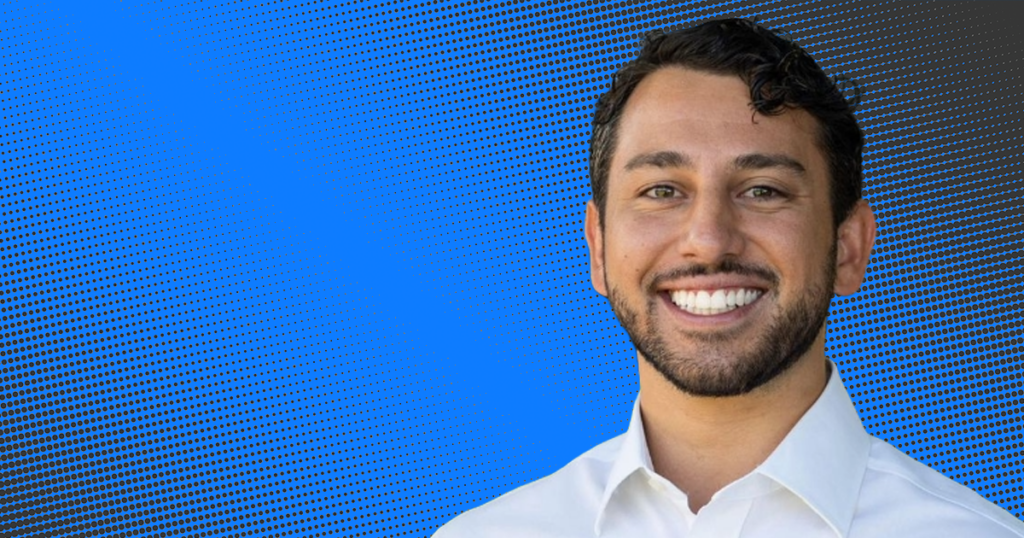
Current college sports role: Ayden Syal is the CEO and co-founder of MOGL, a leading athlete marketplace and NIL operations software provider
“The NCAA’s primary role should be in ensuring equity and protecting athletes – areas in which there is lots of room to improve today. The organization’s primary role should be educating, protecting and preparing athletes for success, both in athletics and after their playing days are over. This involves ensuring athletes are well-informed on the risks of NIL and what to be aware of and also ensuring that athletic departments are not incentivized to cut athletic programs that athletes depend on for scholarships for the benefit of the few such as the revenue-generating sports.
“The NCAA should also have a verified vendors and third-party providers list that is strictly monitored and vetted to ensure that athletes do not risk their long-term future when entering into contracts with potential sponsors, agencies and collectives.
“The NCAA historically has been responsible for enforcement; however, policing NIL activity at this scale is a daunting task that they likely cannot handle at this point. If the NCAA has intentions of continuing to be the governing body of collegiate athletics, then they need to be consistent in their enforcement and ability to levy punishments to those that violate their NIL policies, which at this point they have not been.”
Mit Winter
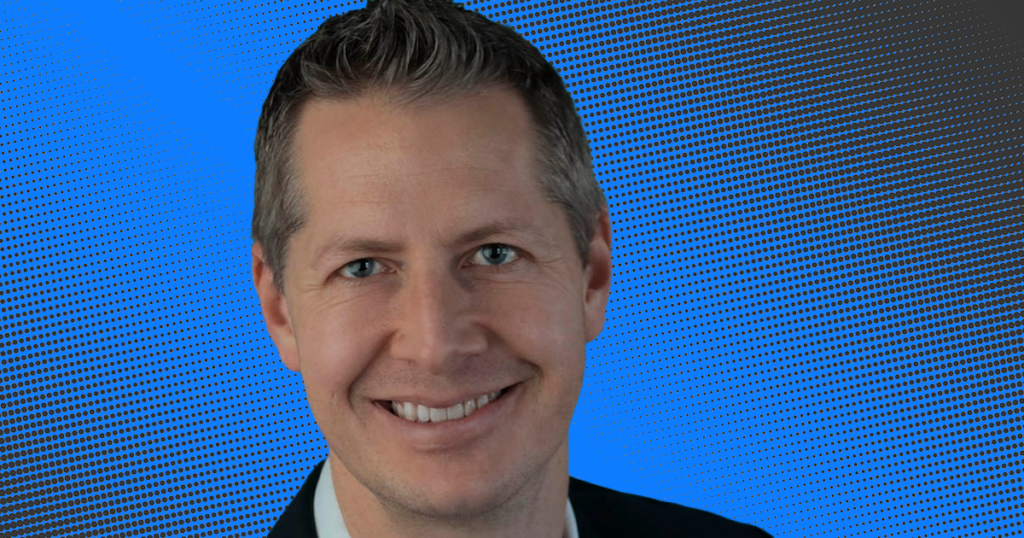
College sports role: Mit Winter is an NIL expert and college sports attorney at Kennyhertz Perry
“To answer this question, we need to consider a couple of different scenarios. First, let’s assume that the NCAA is unwilling to change its athlete compensation rules to allow at least some college athletes to be paid market-based wages, that some college athletes are declared employees, and that the NCAA loses the House case. In that scenario, I think we’ll almost definitely see some schools and conferences – let’s use the P4 as this proxy – pulling their men’s and women’s basketball and football teams from the NCAA and creating new entities to govern those specific sports under a professional model.
“The athletes would be employees of for-profit teams that are part of the new governing entities. In this world, the NCAA would be left to govern mostly non-revenue sports and those schools that keep their football and basketball teams as part of the NCAA. But it’s also possible P4 schools just leave the NCAA entirely in this scenario. The NCAA men’s basketball tournament, which funds the entire NCAA, would no longer exist in this scenario since the departing teams would operate their own postseason tournament through the new governing entity. This means the NCAA would be a shell of its current self financially and could cease to exist entirely.
“A lot of people think that’s a radical notion. But college athletics don’t need the NCAA to function.
“Now, let’s assume – and this is a very big assumption – that the NCAA is proactively willing to allow certain teams or schools to operate under a professional model while still part of the NCAA before losing in House and before some college athletes are declared employees. This would involve the NCAA saying that its athlete compensation rules don’t apply to either certain sports or sports in entire conferences – again, let’s use the P4 as a proxy. And that the athletes on those teams could be employees of conferences or private entities that operate the teams as discussed above.
“In this scenario, the NCAA could maintain the operation of the men’s basketball tournament and operate in much the same way that it does now. The big difference is that it wouldn’t spend time and resources trying to prevent athletes from being compensated for their value as athletes or their athletic performance. I don’t know if the NCAA could ever get to this place. Or if the P4 schools/teams would want to operate under this model.
“The common denominator in each of these scenarios is that the NCAA will no longer be regulating and restricting market-based pay for at least some college athletes. A lot of its other rules would also go out the window. If the NCAA is unwilling or unable to get to this place on its own, and before some of the pending litigation and other legal proceedings conclude, then the NCAA’s overall role in college athletics will be greatly diminished or even eliminated.
“If the NCAA is able to think and operate progressively and proactively, then it can still potentially play a part in the college athletics world as a championship operator and administrator. Either way, I still think there’s a good chance the P4 decides to move its basketball and football teams out of the NCAA and shift to an employment model, as I described, to completely eliminate the antitrust issues that will always be present in a non-employee model. In that world, the NCAA might go away.”
Tom Wistrcill
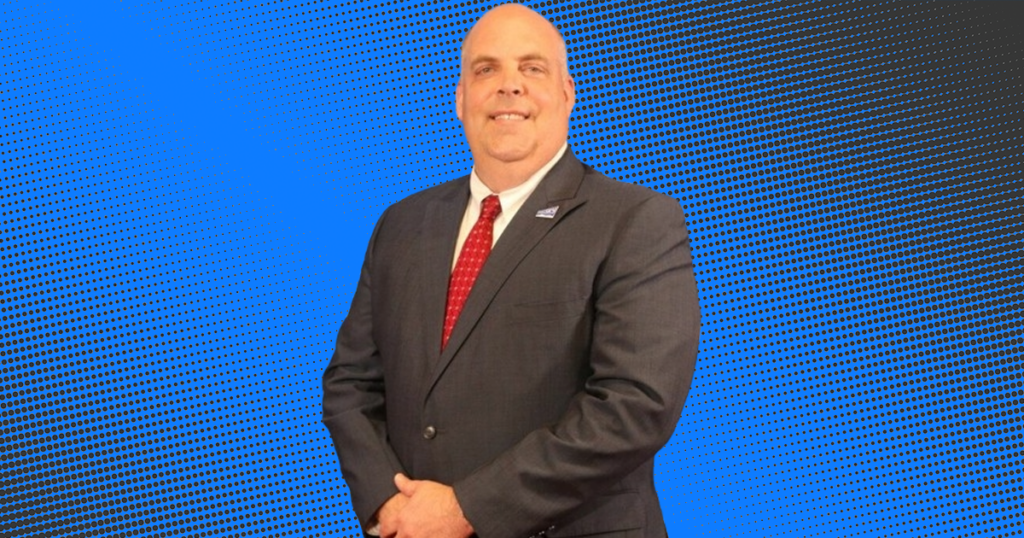
Current college sports role: Tom Wistrcill is the Big Sky Conference commissioner
“Run championships and handle major infractions.”
On3’s Jeremy Crabtree, Pete Nakos and Eric Prisbell contributed to this report.